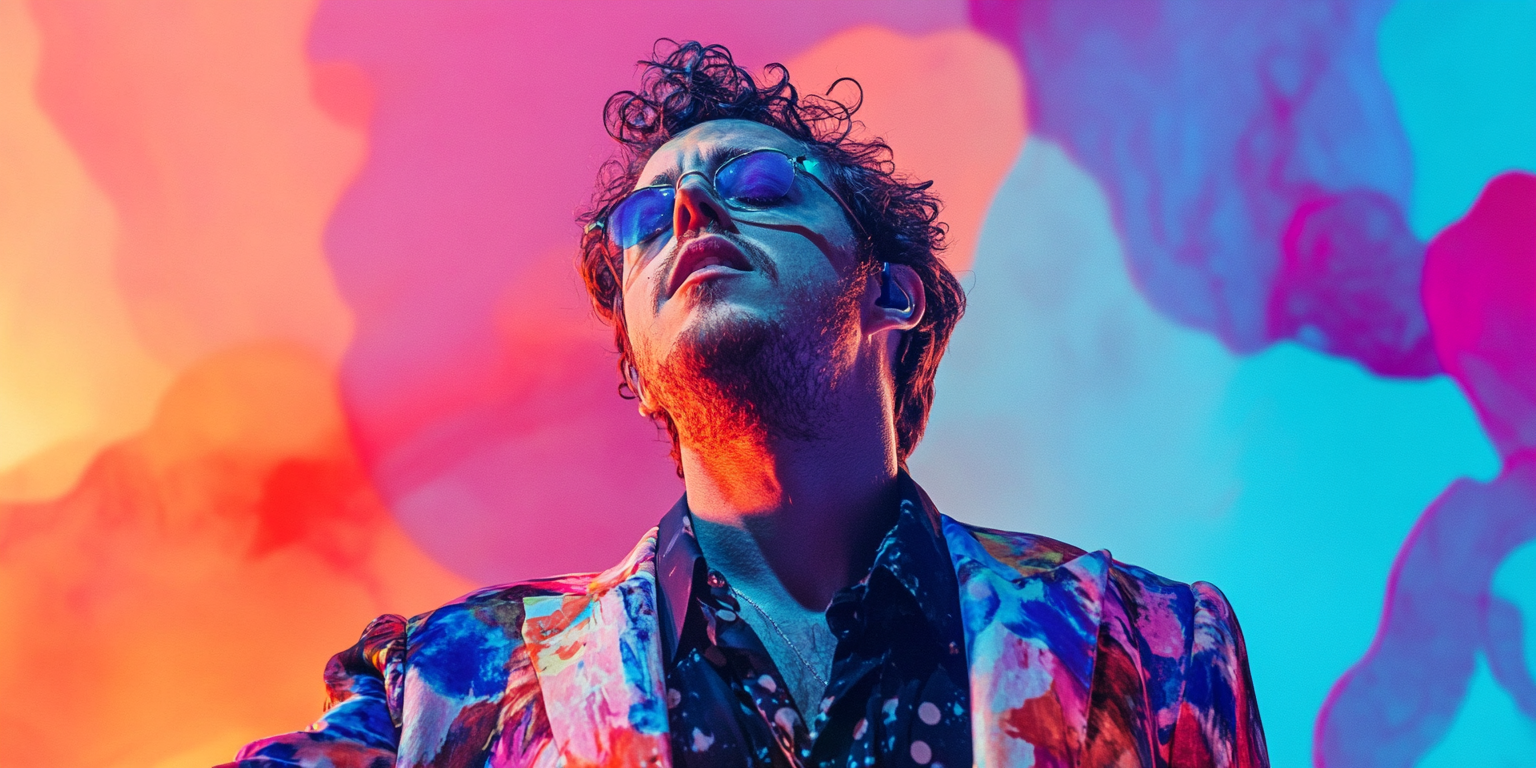The Marketing Power of Eurovision
Sequins, Slogans and Strategic Storytelling
Each May, millions of people across Europe (and way beyond) gather around their screens for an annual ritual that’s part music show, part political soap opera, and part glitter explosion.
That’s right: The Eurovision Song Contest.
It’s often described as camp, chaotic, and comically over-the-top. But don’t be fooled by the costumes and key changes. Beneath the disco balls lies a masterclass in marketing – a case study in brand evolution, audience engagement, and international storytelling on a grand scale.
The Marketing Made Clear Podcast
Check out the Marketing Made Clear Podcast on all good streaming platforms including Spotify:
Eurovision: A Brief Overview (for the one person who doesn’t know)
Launched in 1956, Eurovision was created as a way to unite Europe through music in the aftermath of World War II. The concept was simple: each participating country submits a song and performs it live, with viewers and juries voting for their favourite.
Today, it’s one of the longest-running and most-watched non-sporting events in the world, attracting an estimated 160 million viewers globally. Not bad for a contest that once featured Luxembourg winning with a song sung by a French artist, written by a Belgian, and performed in English.
Eurovision as a Brand
You might not think of Eurovision as a “brand” in the traditional sense—but it’s got clear identity markers any savvy marketer would admire:
-
A strong visual language (logos, colour palettes, typography)
-
A recognisable tone of voice: inclusive, dramatic, a little self-aware
-
A core brand purpose: uniting people through the power of music
It’s no accident that Eurovision has thrived while other televised music competitions have faded. It has evolved without losing its soul – a rare feat for any brand.

What Marketers Can Learn from Eurovision
1. Embrace Cultural Relevance (without losing your identity)
Eurovision doesn’t just survive trends – it absorbs them, adapts, and reflects society back at itself. Whether it’s the rise of gender fluidity, political unrest, climate messaging, or the digital age of fandom, Eurovision is a mirror of Europe’s shifting cultural landscape.
Brands that stay relevant are those that move with culture, not against it. But like Eurovision, they need to retain enough of their original flavour to remain recognisable.
2. Create Spectacle and Emotion
From Finland’s masked metal bands to Sweden’s ABBA-style pop juggernauts, Eurovision understands the power of emotional impact and visual storytelling.
You don’t just watch it—you feel it.
Even if it’s confusion.
Marketers should remember that emotion drives recall. You don’t need pyrotechnics and wind machines (though they help), but you do need to create campaigns that connect with people’s feelings, not just their wallets.
3. Harness the Power of Community
Eurovision has one of the most engaged fan bases in the world. From voting blocs to Reddit debates, fans don’t just consume Eurovision – they participate, remix, and evangelise it. It’s a living ecosystem.
Brands that build loyal communities don’t just sell – they create a sense of belonging. Think Glossier, LEGO, or even Greggs’ vegan sausage roll launch. Make people feel part of something.
4. Turn Limitations into Creativity
Songs can’t be longer than three minutes.
No more than six people on stage.
Lyrics? Any language you want – but it’s still got to appeal globally.
These constraints could be stifling. But instead, they force creativity. How do you say something memorable in three minutes? That’s a marketer’s dream (or nightmare).
Boundaries aren’t always bad. Sometimes, creativity flourishes under pressure—as anyone who’s ever tried to write a 10-word strapline knows.
Eurovision and Soft Power: Why Countries Take It Seriously
Behind the glitter, there’s geopolitical strategy at play. Countries like Sweden, Ukraine, and Azerbaijan have used Eurovision to amplify their cultural exports and boost tourism.
It’s soft power in sequin form.
Look at Måneskin’s victory in 2021. Italy didn’t just win a trophy – it boosted its global image as a hotbed for cool, edgy culture. The band went on to chart internationally, appear on US TV shows, and secure major brand endorsements.
Representation matters. How you show up in the world – visually, verbally, musically – impacts how people perceive your brand or country.
Final Thoughts: What If Eurovision Were a Marketing Campaign?
Let’s be honest. Eurovision is essentially a year-long integrated campaign that culminates in a live, high-stakes brand activation. There’s:
-
A core message (“United by Music”)
-
A clear audience (young, pan-European, social-savvy)
-
User-generated content (TikToks, memes, watch parties)
-
PR moments (from double-nil points to dramatic voting twists)
And every year, it trends globally. Without fail.
Now imagine your next brand campaign had that level of buzz, emotional resonance, and legacy.
You don’t have to enter a singing competition—but taking a leaf from Eurovision’s playbook might just make your marketing a little more unforgettable.


